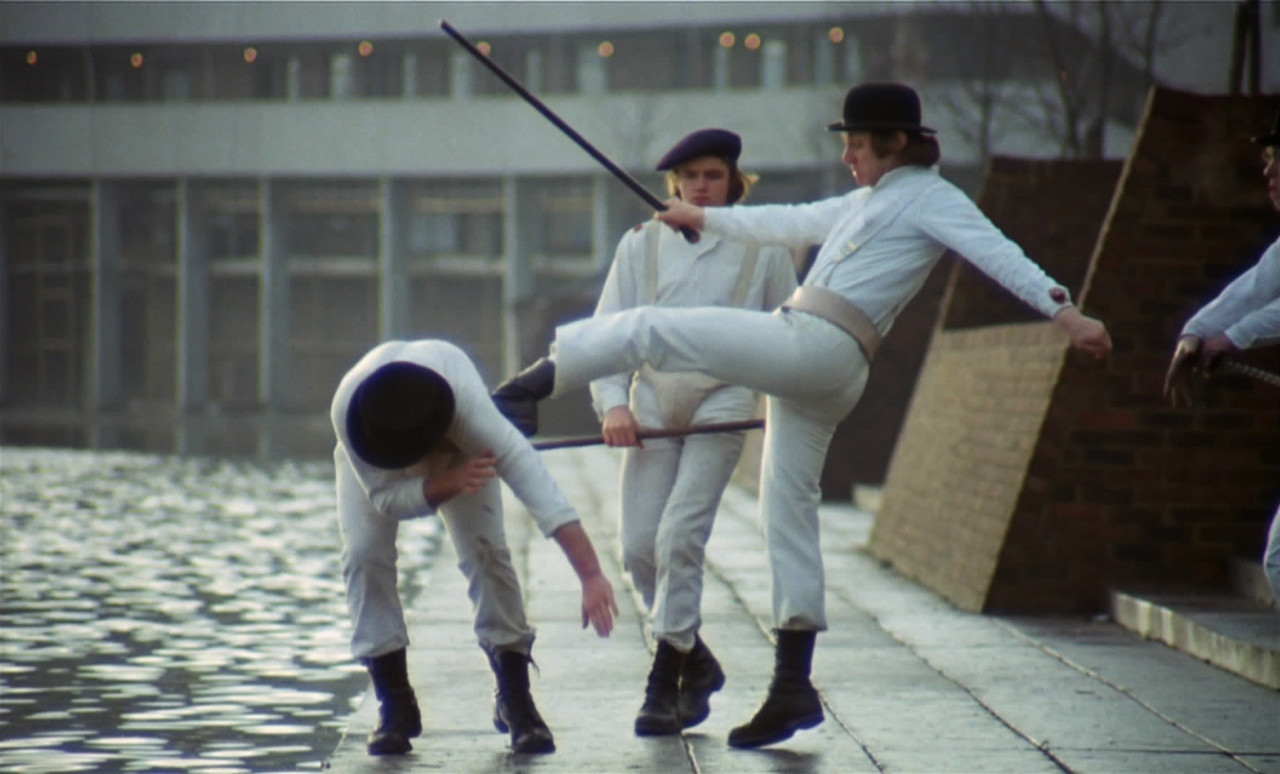Of
course, there’s no set pattern of what kind of characters you can create and
every writer has her (or his) own preference. Still, I think there are some
basic rules when you’re making a character for your readers to love. In my
writing process, I’ve discovered that there are three types of characters that
have come up constantly in my work, and there’s only one that I work well with.
I’ve described the types below and listed the pros and cons of each.
Angels
First
off and the easiest types are the angels. There’s no simpler way of describing
them: they are good. For those of you who are familiar with Death Note, I’d put
the Japanese police force in this category. Selfless, honest, hardworking, and
a kind of personality that everyone aspires to. Note that, you can never really
relate to this kind of a person because your readers have ignored their
conscience at least once in their life. For this reason, it’s best not to choose
an angel as your protagonist UNLESS he’ll be later faced with a choice of being
bad or evil.
I
spent a good two years working with a heroine who was good until one day I realized
that I was avoiding writing the parts with her because she was just boring.
Regardless of what she did, it was pure, and that kind of predictability can be
difficult to work with. Oscar Wilde starts out with Dorian Gray as the epitome
of untainted youth but imagine if Gray had remained like that throughout the
book! If you need a pure bred angel in your book, make sure it’s a side
character, Jane Bingley-type.
Fallen Angels
There’s
always a certain charm with a man who willingly chooses the “damn all” attitude
and has to face the consequences for it. Usually, fallen angels are the
villains of the story, but I’ve seen enough works where the fallen angel makes
a compelling protagonist. Clockwork Orange’s Alex Burgess, Death Note’s Raito
Yagami, and of course, if you want to go epic, then the original fallen angel
of Paradise Lost.
 |
| If your hero is a bad guy, be sure to strike the right balance |
To
be honest, I’ve never bothered with this type of protagonist. Mostly because
this character type is not my favorite, but if you choose to work with the
damned angel as your hero, do it carefully. The charm of the above mentioned
characters is not just that they are evil but that you cry for them when their
eventual downfall takes place. That’s a tricky balance to achieve when you have
to make your hero cruel enough and yet keep the sympathy of the audience. If you
can pull this kind of hero off, I’d take my hat off to you. After all, I hated Raito
throughout Death Note, but when he died, my eyes had melted into tears.
Flawed Angels
 |
| Choose A Character That Keeps You Guessing |
So
now the title of this post makes more sense. The gorgeous looking girl at the
side who is actually a gorgeous man is the best example of a flawed angel.
These are the characters are almost angels but have that one fatal flaw which
clips their wings and keeps heaven’s gates just out of reach. So, they fall
down to hell while their thoughts tend upwards (I’m not sure if I just plagiarized
Milton).
I
find these the best kind of characters to work with. Readers can relate to such
characters much better than the first two types and flawed angels tend to get
sympathy galore. But more importantly, there’s scope for complexity in this
kind of character. Sure, Death Note’s Mello runs the mafia and kills people,
but he’s also the only person to express genuine regret over the death of a
friend. These characters are unpredictable because you don’t know which way
they’ll go as they have a bit of bad and bit of good in them. As my friend once
described it, “Be ready for anything. They can break into a dance, they can
kick you in the ass.” And it’s this unpredictability along with the character’s
flawed destiny that makes him my favorite type of protagonist.
The
Greeks described the fatal flaw as the “hubris” which means an excess or lack
of any one trait that is eventually going to lead to the downfall of the hero.
All of Shakespeare’s tragedy heroes have it. Lear, Othello, Coriolanus, and of
course, Mr. To Commit Suicide Or Not To
Commit Suicide.
So,
if you haven’t already figured out the kind of character you want your
protagonist to be, hopefully, this will help. It took me three good years of
experimenting before I achieved the right balance in my characters, so I hope I’ve
saved you that much time with your work. Keep writing!
No comments:
Post a Comment